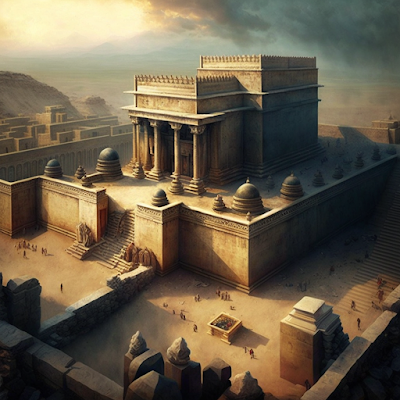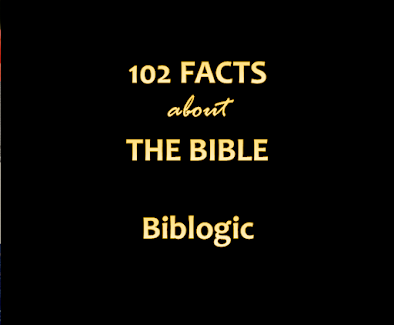The Anointing of the Messiah
The Messiah, as described in the Bible, is a figure who holds the offices of Prophet, Priest, and King. These three roles are hinted at in the introduction to the Book of Revelation, where Jesus Christ is referred to as the "faithful witness, the firstborn from the dead, and the ruler of the kings of the earth" (Revelation 1:5).
In the Bible, we see that the anointing was administered by prophet-priests or by a combination of prophets and priests. For example, Moses the prophet-priest anointed Aaron the priest, Samuel the prophet-priest anointed David the King, and Zadok the priest and Nathan the prophet anointed Solomon.
While it is not explicitly stated in the Bible, it can be inferred from scripture that messianic figures such as Moses, Samuel, and Elijah were from priestly families in addition to being instruments of God's miracles (Exodus 9:13-35; 1 Samuel 12:8; 1 King 17:1). For example, Moses is described as a priest in Exodus, and Samuel is described as coming from a Levite family and performing sacrifices (1 Samuel 7:9). Elijah's parentage is not specified, but the fact that he performed the ceremony of a sacrificial offering suggests he was from a priestly family.
This pattern is repeated when Jesus is baptized by John the Baptist, a prophet-priest who ministered in the spirit and power of Elijah (Luke 1:16–17; Malachi 4:5). This highlights the importance of the role of a priestly prophet in the anointing process. During his earthly ministry, Jesus fulfilled the role of the greatest prophet, and later, in his role as High Priest, he administered the Holy Spirit. This may explain his statement that he must go away for the Holy Spirit to come (John 16:7).




Comments
Post a Comment